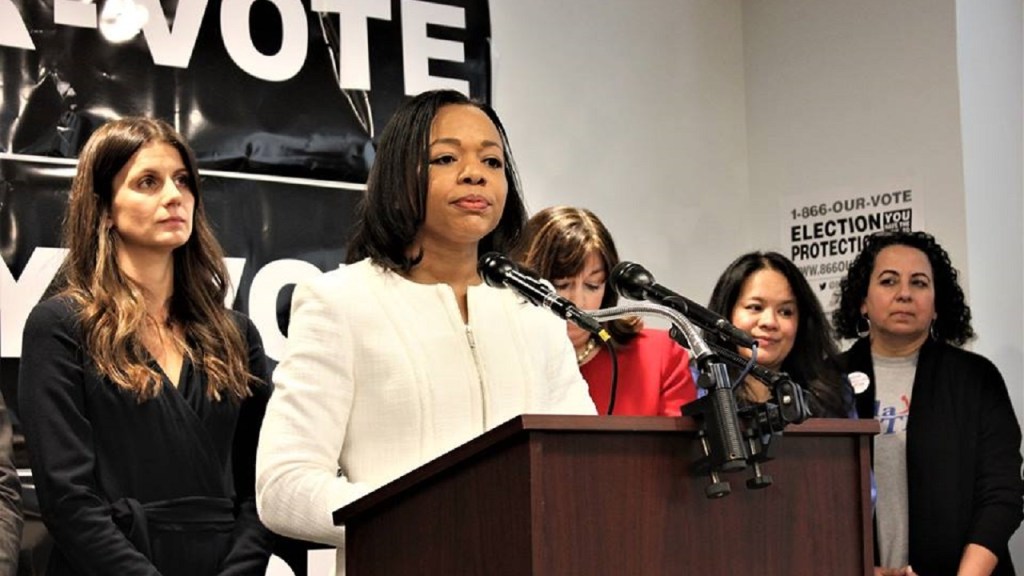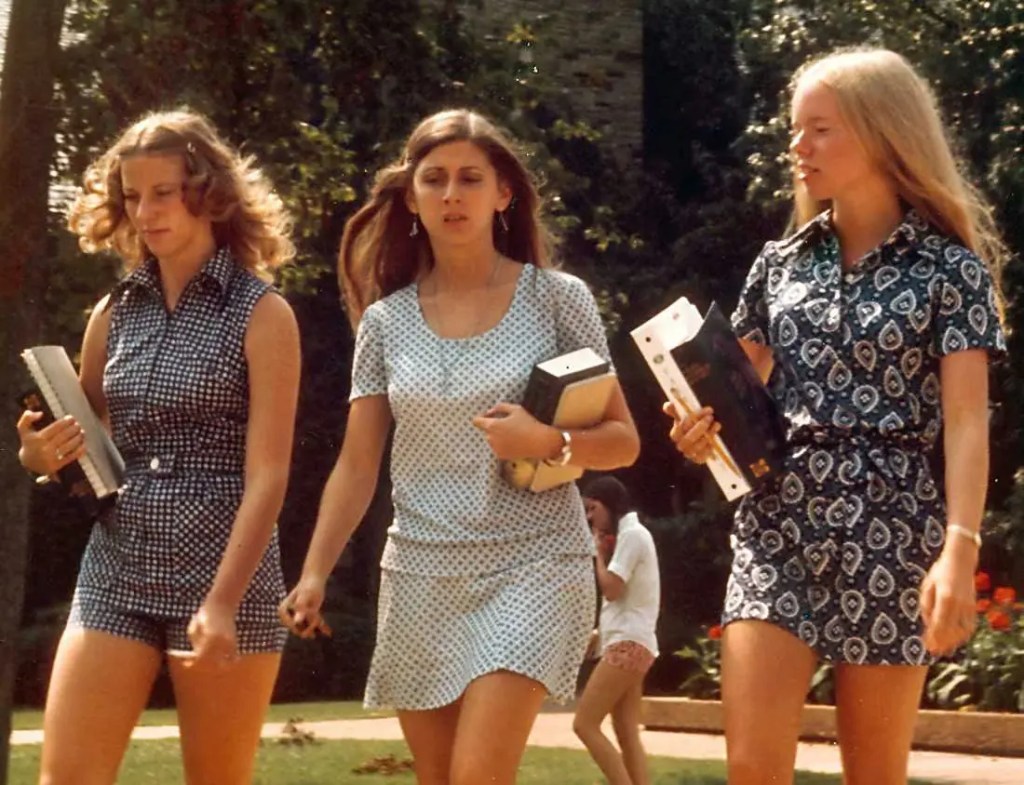As more restrictions are enacted to contain the spread of the novel coronavirus, confusion around the upcoming elections continue to rise.
Election dates and polling locations are changing as Election officials respond to the global pandemic.
Since mid-March, in response to the coronavirus, some states have postponed and rescheduled primary elections. Others have encouraged voting by mail. We have also seen the consolidation of polling places, leading to more crowded vote centers and longer waits to vote. Lack of needed voter education has led to confusion around dates and deadlines for mail-in ballots.
It is important to stay safe and follow the government’s advice on social distancing, but it’s also crucial to exercise your right to vote so all American’s voices are heard. Voters should not have to choose between their health and their right to vote.
“In light of the tremendous uncertainties arising from the COVID-19 crisis, we urge that states do everything within their powers to make sure that all eligible voters can vote, including liberalizing to the fullest extent possible the use of absentee ballots and easing deadlines,” said Kristen Clarke, president and executive director of the Lawyers’ Committee. “States must move quickly but thoughtfully to ensure that all voters have full access this election season.”
In order to make sure your vote counts, it’s important to know your rights. With constantly changing election plans, confusion surrounding recent court rulings, and the lack of accurate voting information, it can be hard to keep up with what is needed to cast a ballot that will count.
Luckily there are resources out there to keep you informed of your rights and provide you with the necessary information to ensure you’re able to get out and vote.
Election Protection, a coalition convened by the Lawyers’ Committee, is one such resource. The nation’s longest running non-partisan voter protection effort works year-round to ensure that all voters have an equal opportunity to vote and have that vote count.
The 866-OUR-VOTE (866-687-8683) hotline administered by the Lawyers’ Committee, provides Americans with comprehensive information and assistance for all stages of the voting process. Including election dates, voter registration, absentee voting requirements and deadlines, and help to address any obstacles that might arise while trying to take part in the electoral process.
Thanks to a network of thousands of legal volunteers and over 200 partner organizations, the hotline provides vital resources to help ensure that every eligible American has the opportunity to exercise the fundamental right to vote in the 2020 election cycle.
“Throughout the election cycle, our volunteers provide voter information, document problems they encounter when voting and work with partners and volunteers on the ground to identify and remove barriers to voting,” according to the organization.
Since 1963, the Lawyers’ Committee has worked to advance and protect the right to vote and ensure that the right is afforded equally to all.
You, too, can help by staying informed and increasing voter awareness. Sign up for the Lawyers’ Committee newsletter for the latest information on voting rights. To get updates on polling locations and election changes due to coronavirus, check out the Election Protection website and Twitter account for up-to-date information on current elections, and call the hotline if you have any questions. You can also donate to the Lawyers’ Committee to help defend our democracy and fight for equal justice for all.
In the meantime, test your knowledge on voting rights with the quiz below.

























